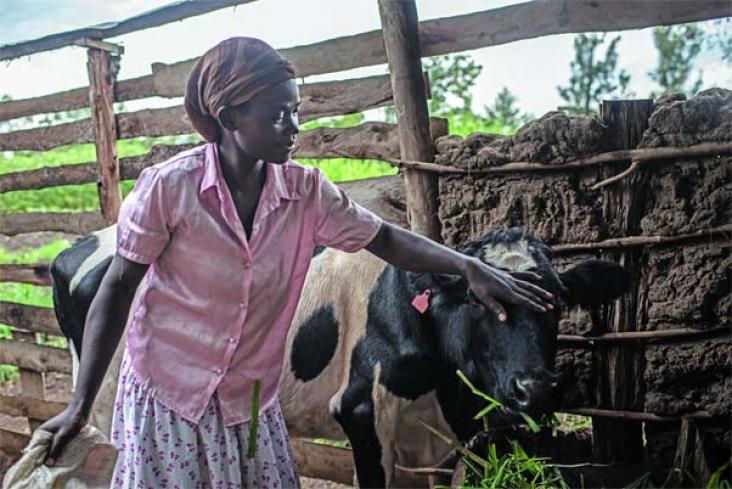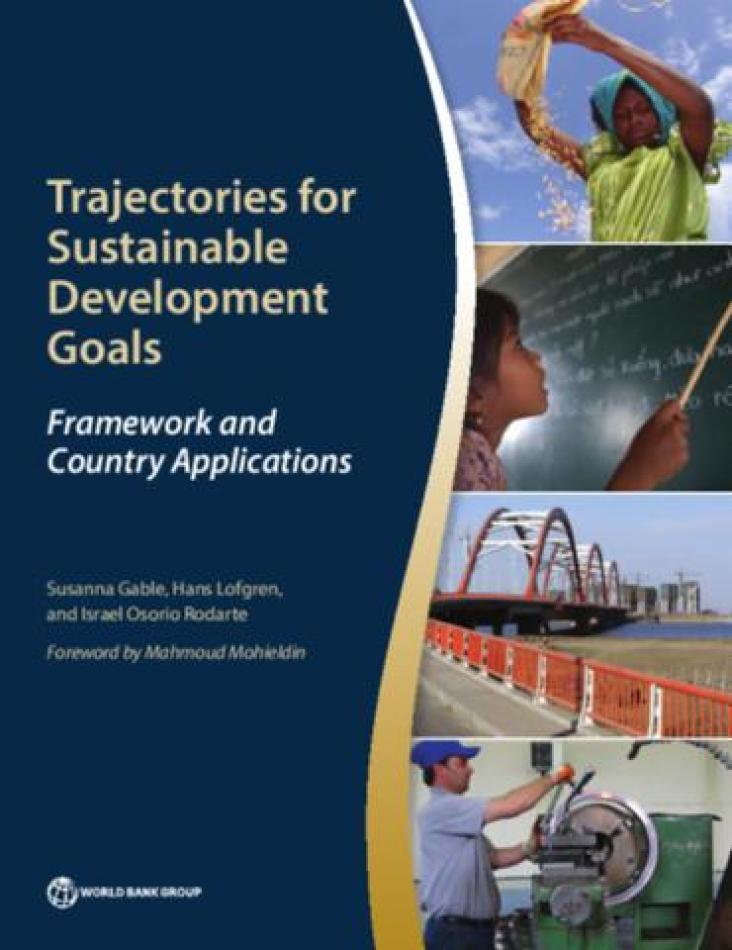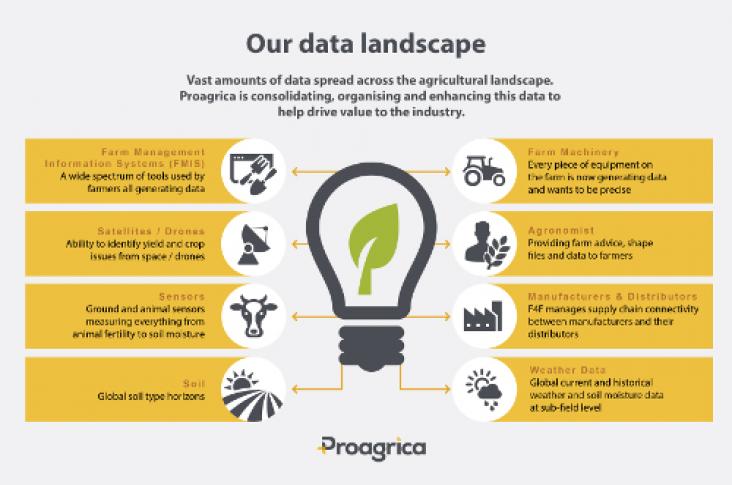
Nearly 30 years on from its launch by a group of UK West Country dairy farmers, the charity Send a Cow is making a big difference to people’s lives in seven countries in Africa. With its new campaign under way, Farmers Weekly finds out what the charity hopes to achieve and how farmers abroad are benefiting with the help of their UK counterparts. Endeavours such as this support SDG 1 No Poverty, and SDG 2 Zero Hunger and are a great example of SDG 17 Partnerships for the goals in action.
Fisheries constitute an important source of livelihoods for tens of thousands of poor people in the southwest coastal region of Bangladesh, and they supply a significant portion of protein for million
Existing studies on adaptation to climate change mainly focus on a comparison of male-headed and female-headed households.

This book presents the country development diagnostics post-2015 framework, developed by the World Bank Group to assess the country-level implications of the post-2015 global agenda, as well as brief, ‘at-a-glance’ applications of the framework to ten countries: Ethiopia, Jamaica, the Kyrgyz Republic, Liberia, Nigeria, Pakistan, Peru, the Philippines, Senegal, and Uganda.
Existing evidence on the impacts of parental education on child nutrition is plagued by both internal and external validity concerns.
Approaches to food security primarily focus on technological solutions, seeking to produce more food, preferably with fewer resources.
Approaches to food security primarily focus on technological solutions, seeking to produce more food, preferably with fewer resources.

Proagrica has produced a White Paper report which sets out how its technology supports evidence-based production and the impact that will have on the world’s ability to feed the world sustainably. Driven by the power of big data to drive insights at farm level, solutions such as Proagrica will significantly advance SDG 2.4 to ensure sustainable food production systems and implement resilient agricultural practices that increase productivity and production.
India has the world's highest burden of child undernutrition. Lack of income is considered as one of its primary causes.
Background The availability of freshwater for irrigation in the Indian agricultural sector is expected to decline over the coming decades.
